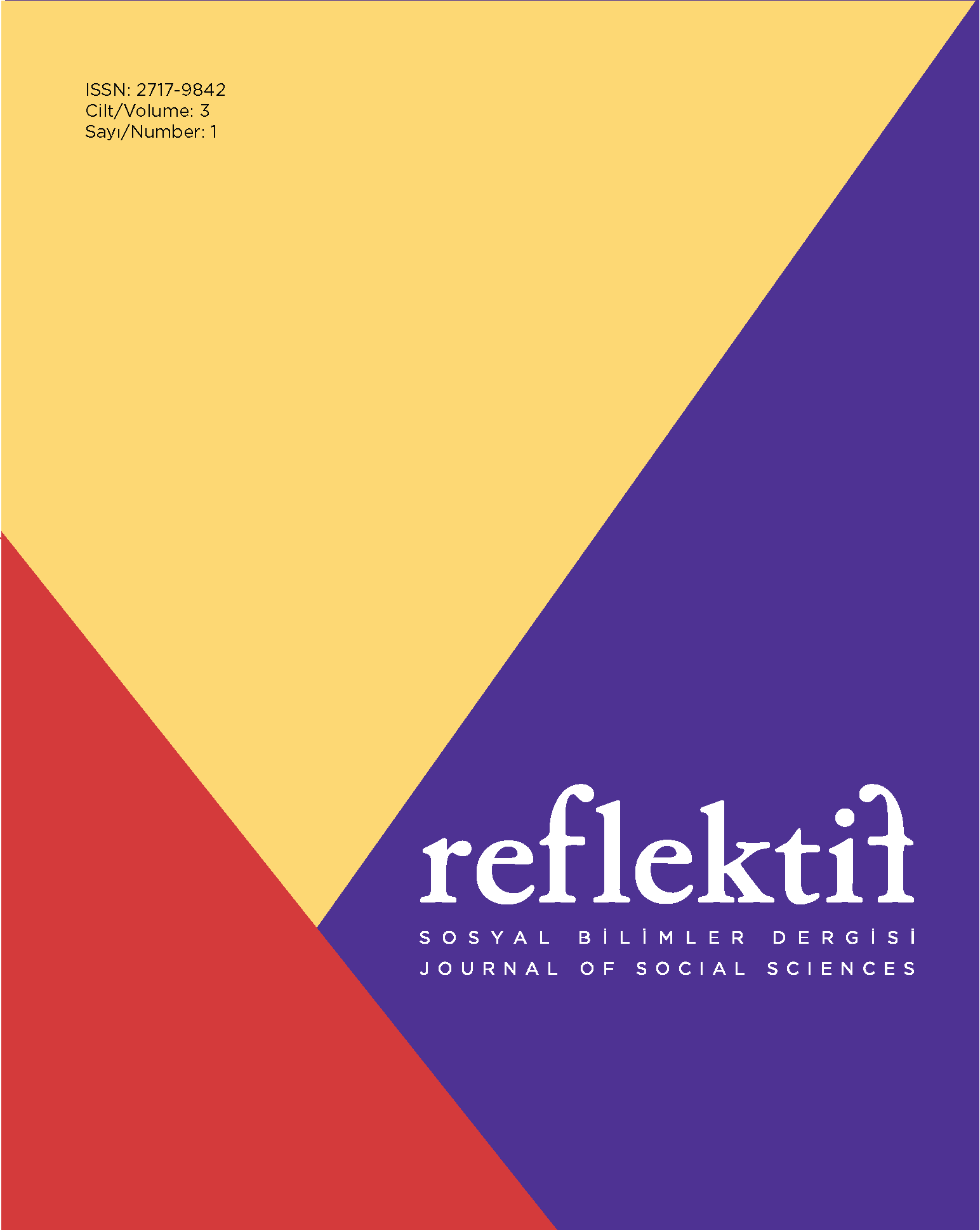Inclusive Education in Turkey Across Ethical Responsibility, Human Rights and Cultural-Moral Justifications
DOI:
https://doi.org/10.47613/reflektif.2022.56Keywords:
inclusivity, inclusive education, social cohesion, Syrian refugees, refugee educationAbstract
This article explores the conceptualization and justification of inclusive education by Turkey’s Ministry of National Education (MoNE). To this aim, it critically reviews MoNE’s manual titled “Manual for Teachers Who Have Foreign Origin Students in Their Classes.” This manual justifies inclusive education on two grounds: universalist concepts such as human rights on the one hand and nativist-culturalist terms such as fütüvvet (generosity) and Ahilik morality on the other hand. The MoNE suggests that schools should adapt themselves to the cultural needs of students, not vice versa. Yet, it formulates the ethical roots of inclusion based on ethno-religious (Turkish-Islamic) boundaries. Thus the MoNE presents an ideal norm that refugees should adopt. Since the education system is still based on an ideology of “one language, one religion, and one nation”, “national education” and “inclusive education” seem incongruent terms in the Turkish context. The article points out that structural inclusion that refers to access to education is not enough. Inclusivity and social cohesion also involve relational inclusion that contributes to students’ identity development and sense of belonging to broader society. For this, there is a need for field studies focusing on how inclusion is negotiated by different actors.
Downloads
Published
How to Cite
Issue
Section
License
Copyright (c) 2022 Kenan Çayır

This work is licensed under a Creative Commons Attribution-ShareAlike 4.0 International License.
All manuscripts which are submitted to the REFLEKTIF Journal of Social Sciences should not be published, accepted and submitted for publication elsewhere.
In case an article is accepted for publication it is allowed to combine the article with other researches, to conduct a new research on the article or to make different arrangements on condition that the same license is used including the commercial purpose.
As an author of an article published in REFLEKTIF Journal of Social Sciences you retain the copyright of your article and you are free to reproduce and disseminate your work.




